IQUSP CAPACITY EXAM PROGRAM IN CHEMISTRY
1. Matter and energy, amount of substance and its relationships with other physical quantities.
2. Atomic models.
3. Chemical bonds; ionic, covalent, polar covalent, coordinate covalent, and metallic.
4. Chemical interactions.
5. Atomic and molecular structure.
a. Lewis model, valence bond theory, foundations of molecular orbital theory.
b. Chirality and notions of stereochemistry.
c. Notions of quantum mechanics: wave-particle duality, particle in the box, harmonic oscillator, atomic and molecular orbitals in the context of quantum chemistry, correlations of quantum with the properties of molecules and reactivity; spectroscopic properties
6. Notions of the relationships between the structures of ions, molecules and radicals and their physical properties and chemical reactivity. Properties of solids, liquids, and gases.
7. Recognition of chemical functions. Notation of chemical reactions and basic nomenclature of chemical compounds.
8. Chemical equilibrium.
a. Acids, bases and their reactions: influence on the formation of poorly soluble complexes and salts.
b. Oxidation-Reduction reactions: applications in qualitative and quantitative analysis, and galvanic and electrolytic cells.
9. Thermodynamics in the context of chemical reactions and phase changes.
a. Heat and work, state functions, laws of thermodynamics, enthalpy, entropy, Gibbs energy. Chemical potential.
10. Kinetics of chemical reactions
a. Reaction order, molecularity, kinetic constants. Notions of transition state theory and molecular interpretation of reactivity.
11. Notions of polar reaction mechanisms: addition, dissociation and their relationships, nucleophiles and electrophiles.
12. Notions of the effects of the environment on chemical reactions.
13. Notions of spectroscopy and spectrometry.
The following textbooks are suggestions only. Any equivalent references for study may be used.
a) Atkins, P.W., Jones, L.L. Chemical Principles
b) Burrows, A., Holman, J., Parsons, A., Pilling, G., Price, G. Chemistry³ - Introducing Inorganic, Organic and Physical Chemistry

